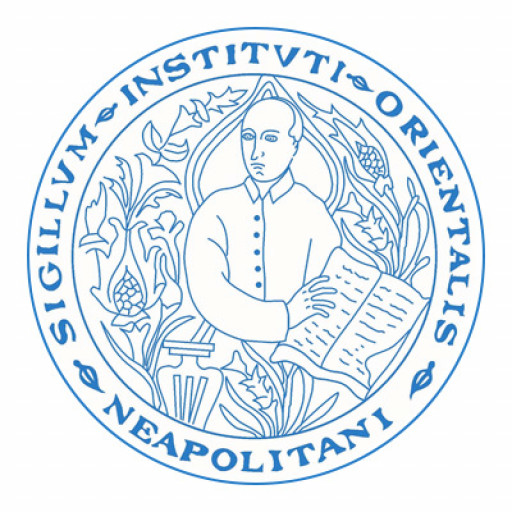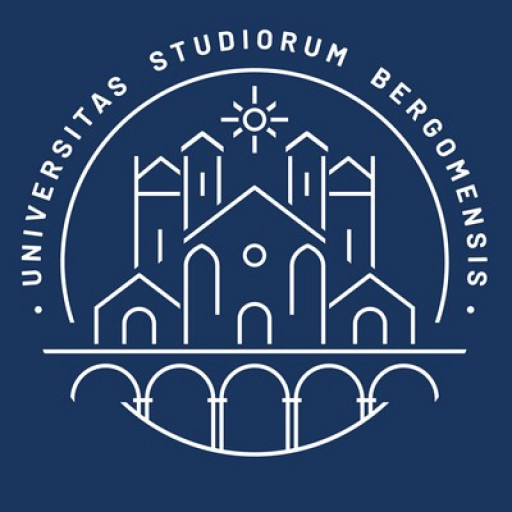Photos of university / #dartmouthcollege
Program in Comparative Literature at Dartmouth College offers students an immersive exploration of literary traditions, cultural contexts, and critical theories from around the world. Designed for students with a passion for languages, texts, and intercultural understanding, the program encourages interdisciplinary studies and fosters a deep appreciation for the diversity of literary expression across time and space. Students have the opportunity to engage with literary works in their original languages, including but not limited to English, French, Spanish, German, and other languages offered through Dartmouth’s language programs. The curriculum combines rigorous language instruction, literary analysis, historical context, and comparative methodologies to develop analytical skills and cultural awareness.
Students may choose to focus on thematic areas such as postcolonial studies, gender and sexuality, literature and philosophy, or visual culture, among others. The program emphasizes the importance of close reading, theoretical engagement, and comparative approaches, allowing students to analyze texts from multiple perspectives and disciplines. Faculty members within the program are distinguished scholars with expertise in various literary traditions and theoretical frameworks, providing mentorship and fostering intellectual growth.
In addition to coursework, students are encouraged to participate in independent research, study abroad opportunities, and literary projects that enhance their understanding of global literatures. The program prepares graduates for careers in academia, publishing, journalism, international relations, and other fields that value intercultural competence and critical thinking. By the end of the program, students will have developed advanced linguistic proficiency, critical analytical skills, and an informed perspective on the interconnectedness of world literatures and cultures.
The Comparative Literature Program at Dartmouth College offers an interdisciplinary and transcultural approach to the study of literature, culture, and language. The program is designed to provide students with a comprehensive understanding of literary works across different languages, regions, and historical periods, fostering critical thinking and analytical skills. Students in the program explore texts from diverse cultures, examining themes, narratives, and literary techniques, while also engaging with theories of literature, translation, and cultural studies. The curriculum emphasizes close reading, comparative analysis, and theoretical inquiry, enabling students to draw connections between texts from different cultural contexts.
Throughout their studies, students have the opportunity to study multiple languages, including but not limited to French, Spanish, German, and Asian languages, enhancing their ability to engage with literature in its original languages. They are encouraged to participate in study abroad programs and internships that deepen their understanding of global cultures and literary traditions. The program prepares students for a variety of careers, including academia, publishing, journalism, international relations, and arts management.
Faculty members in the Comparative Literature Program are distinguished scholars whose research encompasses a wide range of literary and cultural fields. Small class sizes and seminar-style courses promote close interaction between students and faculty, fostering a rich intellectual community. The program culminates in a senior thesis, allowing students to develop an original research project under faculty mentorship. Overall, the Dartmouth Comparative Literature Program aims to cultivate culturally literate, critically aware individuals capable of engaging with the complexities of global literatures and cultures.
The Comparative Literature Program at Dartmouth College requires students to complete a comprehensive set of coursework designed to foster an understanding of literature across cultures, languages, and historical periods. Typically, students must declare a major in Comparative Literature by the end of their sophomore year and fulfill a minimum of 10 courses within the program. These courses include introductory classes that provide foundational knowledge in literary analysis, critical theory, and intercultural studies. Advanced courses are expected to deepen students' engagement with specific literary traditions, such as European, Asian, Latin American, and Middle Eastern literature, often delivered in multiple languages.
Students are encouraged to undertake courses that incorporate translated works, comparative analysis, and interdisciplinary approaches, integrating fields such as philosophy, history, and art. A distinctive element of the program involves language proficiency; students often need to demonstrate intermediate or advanced proficiency in at least one foreign language relevant to their area of study, typically through coursework or standardized testing.
The program also mandates participation in seminars, workshops, and discussion groups to cultivate critical thinking and interpretive skills. A significant component of the curriculum involves a senior thesis or capstone project, which requires students to conduct independent research and present an original comparative analysis of literary texts. This project is usually undertaken during their final year and often requires close mentorship from faculty members with expertise in comparative literature and related fields.
In addition to coursework, students are encouraged to participate in study-abroad programs to gain exposure to international literary traditions and to enhance their language skills. The program values interdisciplinary approaches, so students are often advised to take electives in related disciplines such as cultural studies, film studies, and philosophy. Overall, the Comparative Literature Program aims to produce graduates who possess a nuanced understanding of world literatures, advanced analytical skills, and the ability to communicate effectively across cultures, preparing them for careers in academia, publishing, translation, diplomacy, and other fields.
Financial aid options for the Comparative Literature Program at Dartmouth College include a variety of need-based and merit-based assistance. Dartmouth is committed to meeting 100% of demonstrated financial need for admitted students through its need-based financial aid program. The college provides grants, scholarships, and work-study opportunities to ensure that economic barriers do not prevent qualified students from enrolling. Students are encouraged to submit the Free Application for Federal Student Aid (FAFSA) and the College Scholarship Service (CSS) Profile to determine eligibility for financial aid packages. The college's Financial Aid Office works closely with students to develop personalized aid packages that may include federal and institutional grants, subsidized loans, and campus employment opportunities. Additionally, Dartmouth offers various scholarships that students can apply for independently or through their admissions process, which can help reduce the overall cost of attendance. For international students, Dartmouth provides limited financial aid options, primarily through need-based grants, and often requires additional documentation to assess financial circumstances. The program expenses, including tuition, fees, housing, and other costs, are publicly available on Dartmouth’s official website, along with detailed information about the application process and deadlines for financial aid. Students are advised to explore external scholarship opportunities as well, which can complement institutional aid. Overall, Dartmouth's comprehensive financial aid program aims to make its Comparative Literature Program accessible to students from diverse economic backgrounds, promoting a richly diverse academic community.
The Comparative Literature Program at Dartmouth College offers students an interdisciplinary approach to the study of literature across different cultures, languages, and historical periods. This program is designed to enhance students’ understanding of literary traditions worldwide by examining texts in their original languages, supplemented by translation and comparative analysis. The curriculum typically includes courses in multiple languages, such as French, Spanish, German, Chinese, Arabic, and others, allowing students to read classical and contemporary works in their original linguistic contexts. Students are encouraged to explore themes such as identity, history, politics, and culture through a comparative lens, fostering a deeper appreciation of literary diversity and universality.
The program emphasizes critical thinking, close reading, and analytical skills, preparing students for a variety of careers in academia, publishing, media, or international relations. Dartmouth's Comparative Literature faculty are scholars with expertise across a broad spectrum of literary and cultural fields, providing mentorship and research opportunities in areas such as postcolonial studies, gender studies, literary theory, and translation studies. The program also offers comparative seminars, research projects, and honors options that enable students to engage in extensive scholarly work.
Students enrolled in the program often participate in study-abroad programs to enhance their language proficiency and cultural understanding. Dartmouth’s resources, including the Dartmouth College Library and special collections, support innovative research. Collaboration with other departments, such as History, Art History, and Government, enriches the curriculum and promotes an integrated approach to understanding texts and contexts.
Graduates of the Comparative Literature Program at Dartmouth have gone on to pursue advanced degrees, careers in international organizations, publishing, education, and arts administration. The program’s flexibility allows students to tailor their course of study to match their interests and career aspirations, fostering a truly global perspective through the study of literature and culture.







